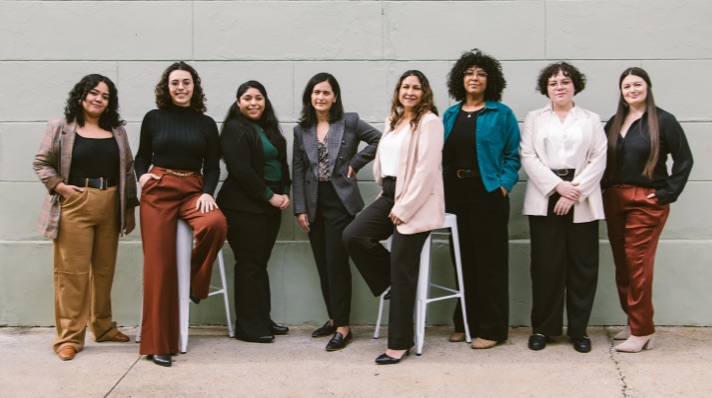The Project Background
In 2019, EduDream conducted a comprehensive needs assessment to assess the needs and opportunities of the growing Latine communities in Chicago–Chicago Lawn, Little Village, and South Chicago.
Hispanics are now the second-largest ethnic group in Chicago, with nearly 30 percent of the city’s population identified as Latine or Hispanic. Further, recent research shows Hispanics have spread out to new areas of the Chicagoland region. Once concentrated on the Southwest and Northwest sides of Chicago, the Latine population is now scattered throughout the city and suburbs.
Given these demographic shifts and the opportunity to reach more children and families, there is a need to develop programs and services to support this growing population.
The Project Goals
EduDream analyzed publicly available data and then conducted an in-depth examination of the three focus communities, drawing on five data collection methods:
- secondary data from publicly available sources,
- a survey of community-based organizations,
- phone interviews with community leaders,
- focus groups with teachers, and
- focus groups with parents.
Four overarching research questions guided the data collection and analysis:
- What are the current demographic and socioeconomic characteristics of targeted Latine communities in Chicago?
- What are the educational needs of Latine children and families in targeted Latine communities, and what assets are available to meet those needs?
- What are the priorities, needs, and expectations of Latine families when it comes to the education of their children?
- What role do cultural, social, and economic factors play in Latino families’ decisions regarding the education of their children?
The Project Outcome
EduDream co-created the research questions, presented emerging findings, and delivered a fully designed report that included evidence-based recommendations. These recommendations detailed what community leaders and stakeholders can do to improve access to and quality of educational opportunities for Latine children and families in Chicago. Research findings informed a broader community-based outreach effort focused on the growing enrollment of Latine families in Catholic schools.
EduDream also presented a slide deck of key learnings from the report to key stakeholders. Lastly, EduDream provided an executive summary, data brief, and community narrative synthesis for public access.

